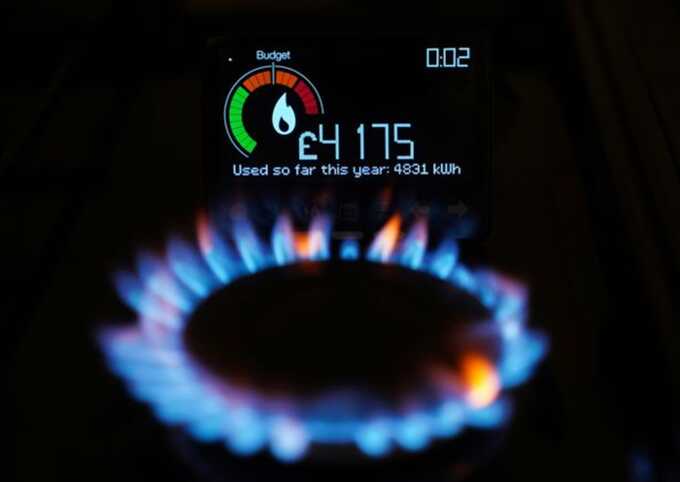Energy customers struggling with bills warned they could face even higher payments

UK households are battling with rising bills since the Ofgem price cap rose at the start of October. This has sparked increased anxiety over the affordability of energy bills throughout the winter period.
From October 1, the price cap surged by 10 per cent to £1,717 a year for a typical dual-fuel household paying via direct debit. However, Les Roberts, Business Energy Comparison Expert at Bionic, cautioned that those struggling to pay their bills might face even steeper rates as they could be pushed into a different payment method by their supplier.
Despite this, energy customers grappling with their finances can get support. Les has offered a comprehensive guide on what energy customers should do if they can’t afford to pay their bills and what might happen to them, including being forced onto a new type of meter.
What should you do if you’re unable to pay your energy bill?
The first and most vital step is to contact your supplier. They are obligated to discuss your options, such as setting up a payment plan.
According to official Ofgem regulations, your provider must arrange an affordable payment plan. As part of this, customers have the right to request a review of their bills to ensure the amount is accurate, a pause on payments until they can afford them, a reduction to a manageable rate, advice on reducing energy usage, or extended time between payments.
Your supplier is also obligated to provide access to any hardship funds, charitable grants, or assist you in applying for any government grants that haven’t been automatically applied. An example of this is the Cold Weather Payment, which becomes available when the temperature drops below a certain level and you are of state pension age or receiving Universal Credit/Jobseekers Allowance.
Can your energy provider cut you off if you don’t pay?
If you can’t agree on a payment plan with your supplier and refuse to have a prepayment meter installed, then your supplier can begin steps to disconnect your supply. Your supplier can disconnect your supply under some circumstances.
If you haven’t agreed to a repayment plan and refuse to install a prepayment meter without a valid reason (for example, an illness or disability prevents you from using the meter), your energy supply could be at risk. If you arrange a repayment plan but miss a payment, your supplier can initiate action that could lead to disconnection after 28 working days from the missed payment date.
If you haven’t paid within 28 days of receiving your bill, your supplier can begin the process to disconnect your supply. Disconnection is only considered when all other options have been exhausted, and both gas and electricity suppliers must give you seven days’ notice before doing so.
Ofgem has made it clear that suppliers should do everything in their power to avoid disconnecting your supply, particularly if you are ill or disabled. They are not permitted to disconnect the supply of a person who is above the state pension age or lives alone between October and April.
If you feel your provider isn’t offering enough support, find their contact details online or on your latest energy bill and file a complaint with them, either online, by phone or letter. Make sure to keep a record of any past correspondence, such as unanswered emails asking for support.
Keep a record of correspondence dates to prove you have been left without a response. Citizens Advice is available to assist with your complaint and can provide a template complaint letter.
If your complaint remains unanswered or you’re unsatisfied with the response after 8 weeks, you can approach the Energy Ombudsman. This service, approved by Ofgem, mediates disputes between providers and consumers.
If an agreement cannot be reached with your provider, they are obliged to help you contact the Energy Ombudsman.
What are the financial implications of not paying my bills?
It’s crucial to understand that neglecting to pay your energy bills can have a negative impact on your credit score, potentially making it harder to borrow money in the future. Despite the fact that you pay for your energy as you consume it (relevant to both domestic prepayment and credit meters), non-payment of utility bills can be reported to credit reference agencies.
Your supplier might pass your account onto a debt recovery service, and you could even receive a County Court Judgement (CCJ). A record of a CCJ, even if the debt is repaid, will stay on your credit file for six years and can make borrowing money more difficult.
As prices skyrocket, you may think about shopping around for the best deal using a comparison website. However, bear in mind that if you’ve been in debt with your current provider for more than 28 days, your switch could be blocked.
But, if it’s your supplier’s fault you’re in debt, they can’t stop you from switching. If you have a prepayment meter, you can switch even if you’re in debt, provided the amount owed is £500 or less per fuel.
In this scenario, the supplier you switch to will take on the debt and you’ll repay them instead.
Read more similar news:
Comments:
comments powered by Disqus

































